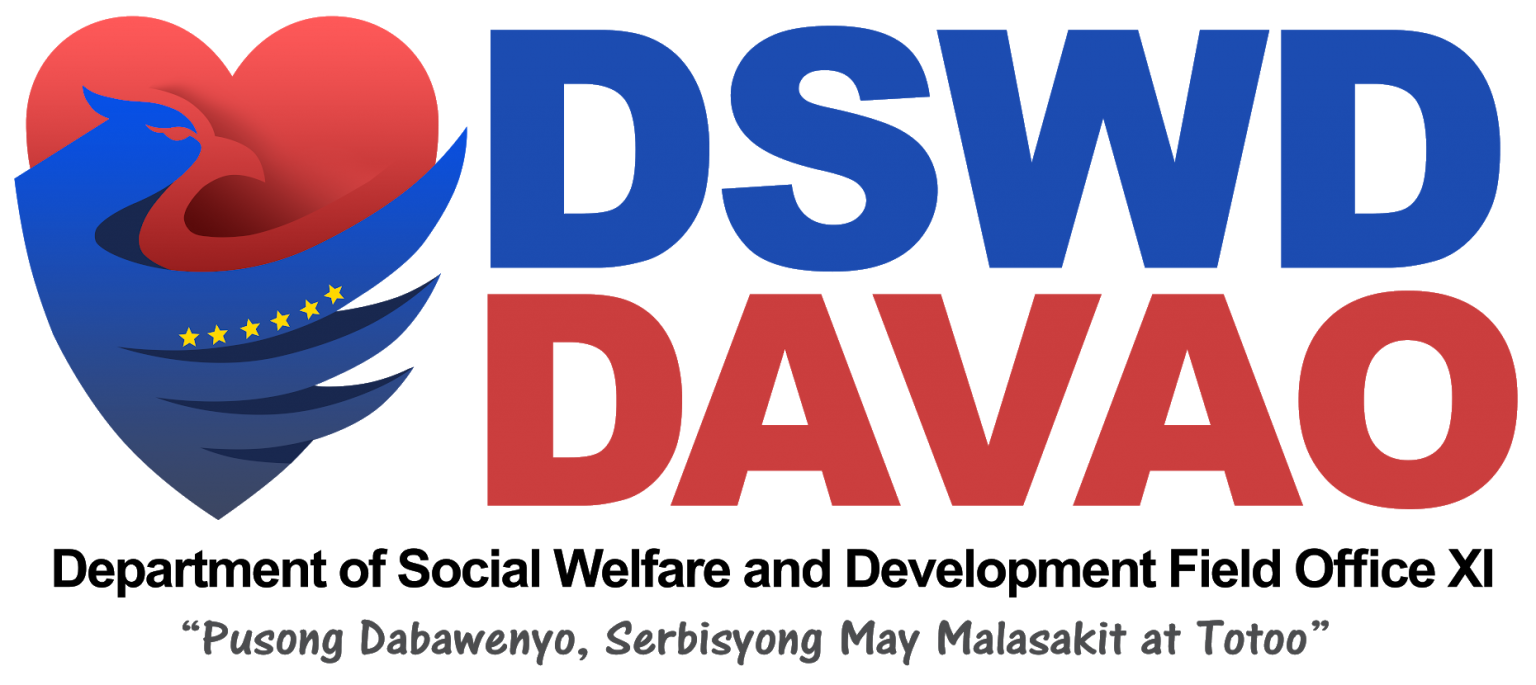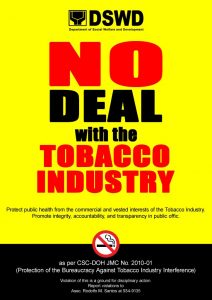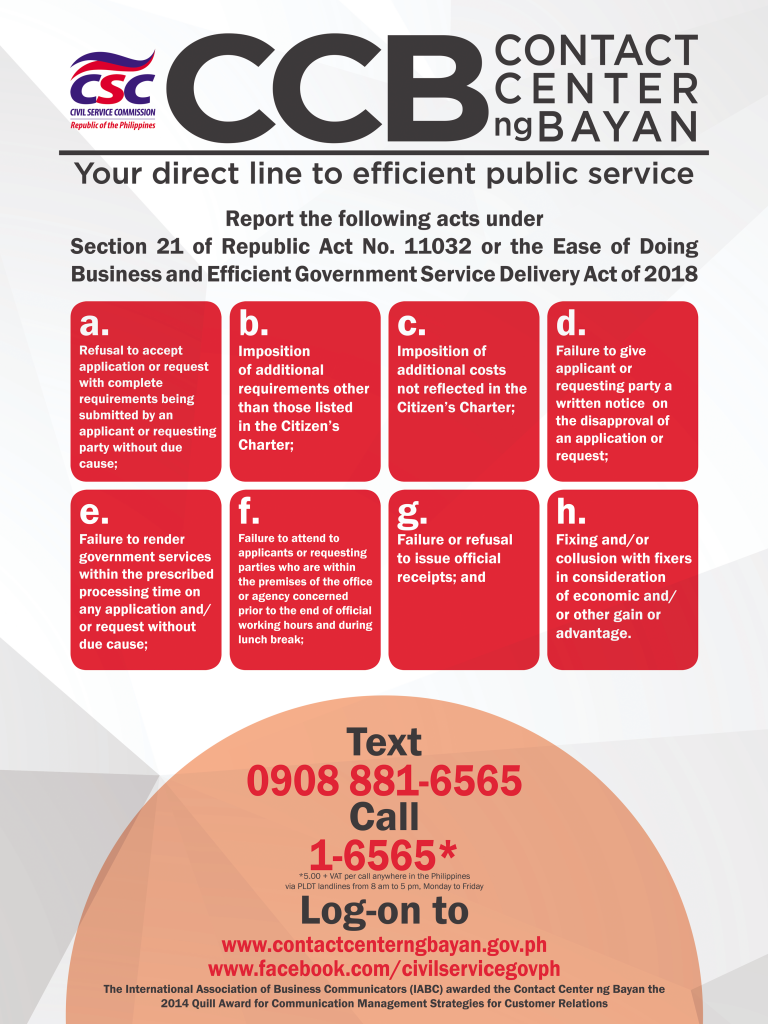TO RISE above the discrimination that Badjaos have been subjected through the past decades is now a mother’s dream for the rest of her children who can still catch up after being shown what it takes.
Gelin Amelita Rendo said she realized this after going through the Basic Literacy Program conducted by the City Link through the Pantawid Pamilyang Pilipino Program (4Ps) of the Department of Social Welfare and Development (DSWD).
The 4Ps is a human development measure of the national government that provides a conditional cash grants to the poorest of the poor to improve the health, nutrition and education of their children.
Gelin is among the Badjao beneficiaries living at Purok 4B, Barangay 23 C, Mini-Forest, Boulevard. She has eight children named Roni, Freddie, Tambi, Tinang, Totong, Lupin, Mina and Shenie with her husband Rhojz.
Reading, writing, ‘rithmetic
“Wa rako kabalo sa ilang edad. Ang magulang minyo na tua nay duha ka anak. Duha sa ila minyo na, anaay uli-tawo, kini si Tambi nay depekto, uban bata pa tua nag eskwela (I don’t know their ages. The eldest is now married with two children. Two of my children are already married. I also have single sons. Tambi here is differently-abled, while the rest are in school),” Gelin told Sun.Star Davao.
The elder five are all out of school, four of whom have only been in elementary school. Tambi, because of his disability, has not been in school. The youngest three are still in school. Lupin is in grade 7 at the Sta. Ana National High School, Mina is in grade 4, and Shene is in grade 1 at the Roxas Elementary School.
Gelin is a beneficiary of the 4Ps for five years already. She was one of the victims of the biggest fire that raged through three barangays in Quezon Boulevard on April 4, 2014, thus she also received a total of P20,000 cash assistance from the City Government. She is thankful for 4Ps because it allowed them to send their youngest children to school and for giving her an opportunity to learn as well.
It was in year 2013-2014 when she attended her first Basic Literacy training, which she described as a “memorable and happiest day” of her life.
“Nag-sayaw pa gani ko. Lingaw kaayo. Nakabalo na ko mubasa’g sulat, kabalo napud ko mo ihap. Kami sa akong bana kahima-o na maninda kay di naman mi dali ma-ilad kay kabalo naman mi moihap (I danced with delight. I now know how to read and right and I know how to count. My husband and I can now sell without being duped because we now know how to count),” Gelin said.
“Sa una nga wala pa ang 4Ps sigera mi salom sa dagat. Usahay gapangayo dira dalan, sa mga tawo. Diri rapud ko naka-agi makasulod hotel ug mukaon tong sa’mo training. Mao na importante gayud ange skwela nako sa’ko mga anak (Before 4Ps, all we did was dive in the sea for alms or beg on the streets. It was also only in 4Ps that I was able to enter a hotel and eat food in a training. That’s why I’m telling my remaining children that education is important),” she added.
For now, Gelin said, she does not worry about her children’s expenses in school, as she learned how to budget the allowance given to them through the 4Ps. She added that all she has to do is to guide her children and remind them on the importance of education.
Marginalized
The Badjao inhabit the shore and water of the Sulu archipelago. Others went to Davao, Surigao, Zamboanga and even Manila, among other cities, in search of better livelihood.
City Link social worker Elena Bejarasco-Alingalan said that aside from the aid that 4Ps has provided for its beneficiaries, she also find helping the Badjaos through “Basic Literacy Program and Life Recovery Program.”
“I asked a close friend of mine who is a teacher, I said teach, naluoy ko sa mga nanay na muadto sa Bankerohan di kabalo mubasa ug muihap (I pity the mothers I encounter in Bankerohan who do not know how to read and count). So, we started to conduct this basic literacy program November 2013 diin monthly sila gitudloan (they are taught once a month),” Alingalan said.
The first module was to teach them to read. After a year, Alingalan said, she partnered with Nelson Gamao of the Department of Education (DepEd) to teach the Badjaos in the community to write.
At least 30 Badjaos along with several from the Manobo tribe from Barangays 22-C, 23-C, 31-D, 39-D and 40-D, underwent to the Basic Literacy Program, which provides free training in reading, writing, math and basic work skills, Alingalan said.
The Life Recovery Program teaches spirituality, whatever their religions are. They are taught about love for self, family, and humanity in general. Though this is beyond the 4Ps function, Alingalan said, to see the Badjao transformed into educated individuals is an achievement, not for her, but for the Badjao community; a priceless gift for the people like them who has been deprived of several things.
For the poorest
The 4Ps operate in 17 regions in the Philippines, covering 79 provinces, 143 cities, and 1,484 municipalities. Record obtained from the DSWD revealed that as of March 2015, it has enlisted 4,425,845 households, of which 558,609 are indigenous and 223,344 have at least one person with disability (PWD).
The program also covers 11,058,303 schoolchildren aged 0 to 18, from the total registered with an average of two to three children per household.
They are selected through the National Household Targeting System for Poverty Reduction (NHTS-PR), which identifies who and where the poor are in the country.
In general, the following criteria must be satisfied to become eligible for the program: residents of the poorest municipalities, based on 2003 Small Area Estimates (SAE) of the National Statistical Coordination Board (NSCB) Households whose economic condition is equal to or below the provincial poverty threshold Households that have children 0-18 years old and/or have a pregnant woman at the time of assessment Households that agree to meet conditions specified in the program The 4Ps has two types of cash grants that are given out to household-beneficiaries: Health Grant: P500 per household every month, or a total of P6,000 every year Education Grant: P300 per child every month for ten months, or a total of P3,000 every year (a household may register a maximum of three children for the program) For a household with three children, a household may receive P1,400 every month, or a total of P15,000 every year for five years, from the two types of cash grants given to them.
These cash grants are distributed to the household-beneficiaries through the Land Bank of the Philippines or, if not feasible, through alternate payment schemes such as Globe G-Cash remittance and rural bank transactions.
As of March 2015, a total of P9.2 billion cash grants were paid to eligible and compliant beneficiaries in the first period of 2015 covering January to February disbursements. From this amount, P5.3 billion was paid for education, and the remaining P3.9 billion was disbursed for health.
In order to receive the abovementioned subsidies, all the succeeding conditions must be met by the household-beneficiaries:
* Pregnant women must avail pre and post-natal care, and be attended during childbirth by a trained professional.
* Parents or guardians must attend the family development sessions, which include topics on responsible parenting, health, and nutrition.
* Children aged 0-5 must receive regular preventive health check-ups and vaccines.
* Children aged 6-14 must receive de-worming pills twice a year
* Children-beneficiaries aged 3-18 must enroll in school, and maintain an attendance of at least 85 percent of class days every month.
High compliance rates were recorded for the months of January and February 2015: 99.17 percent for the de-worming of children aged 6-14; 96.89 percent for school attendance of children aged 6-14; 96.53 percent for school attendance of children in daycare aged 3-5; 95.82 percent for health visits of pregnant women and children aged 0-5; 95.30 percent for attendance in family development sessions; and 92.74 percent for school attendance of children aged 15-18. (Sun Star Davao)






